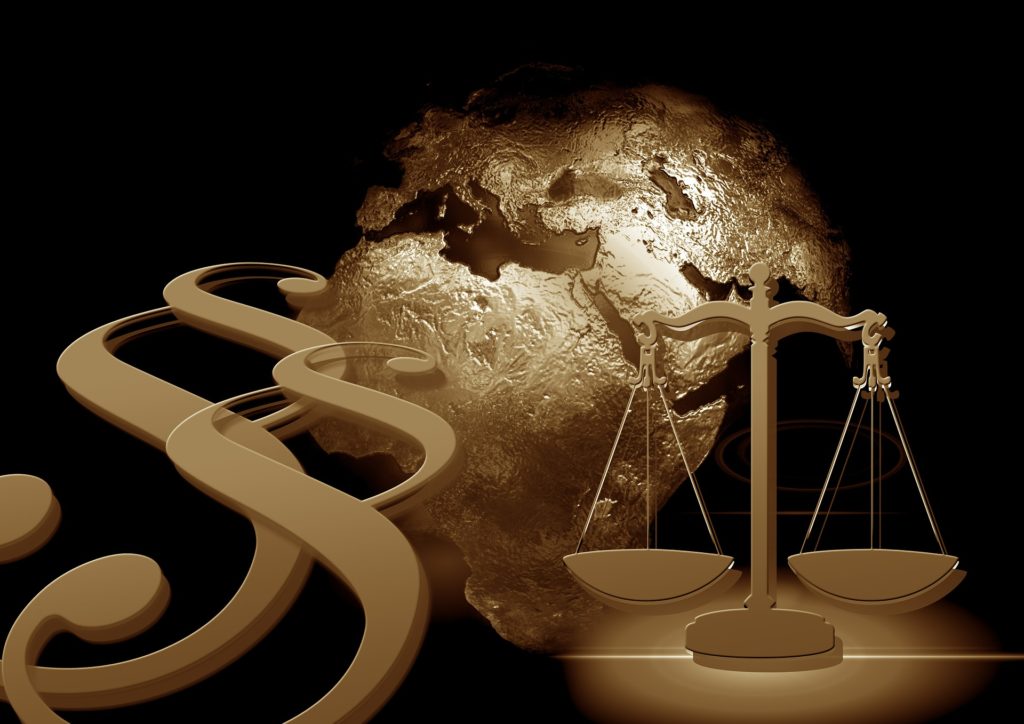
M.G.L. c. 106, § 2–719(3), the Massachusetts version of the Uniform Commercial Code, provides that “[c]onsequential damages may be limited or excluded unless the limitation or exclusion is unconscionable.” Massachusetts courts, based on this law, have found that limitations on recovery of consequential damages in a corporate context represent “a reasonable accommodation between two commercially sophisticated parties.” Canal Electric Co. v. Westinghouse Electric Corp., 406 Mass. 369, 374 (1990).
Canal Electric is what lawyers call a seminal case. It is an important precedent that has often been followed by subsequent judges. It’s decades old and has had broad importance. It’s one of the first cases that should be cited by a lawyer seeking to enforce a consequential damages clause in a contract.
Let’s say you end up in federal court. Would this precedent apply? If your commercial dispute is governed by Massachusetts law, the answer is absolutely yes. For example, in Logan Equipment Corp. v. Simons Aerials, Inc. 736 F. Supp. 1188 (D. Mass. 1990), the Court found that under the parties contract, an equipment manufacturer could not be held liable for consequential damages. The same was true in Boston Helicopter Charter, Inc. v. Agusta Aviation Corp., 767 F.Supp. 363 (D.Mass. 1991) (no recovery for consequential damages or underlying breach of warranty claims).
In short, if your case is governed by Massachusetts law, and involves two sophisticated commercial parties, this kind of clause should indeed be enforceable.